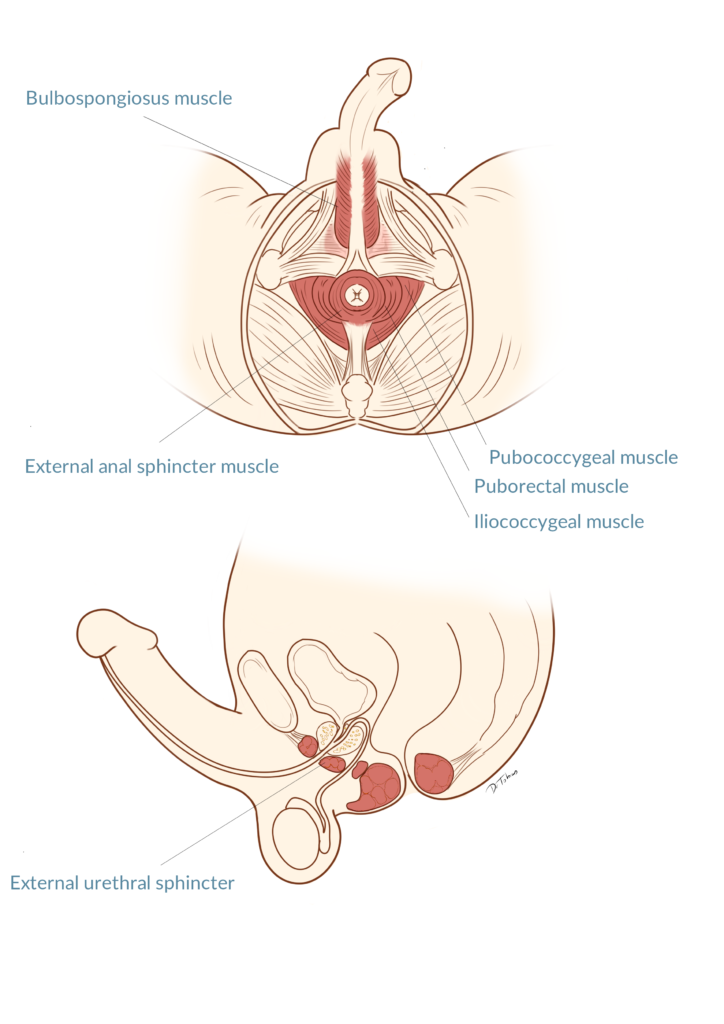What is premature ejaculation?
Premature ejaculation is a condition in which ejaculation occurs sooner than desired.
In clinical terms, premature ejaculation is ejaculation occurring during partnered sexual activity within 1 minute after vaginal penetration and before the individual wishes it, in almost all or all sexual activity, persisting for at least 6 months and causing significant distress to the individual.
Cases where the dysfunction is better explained by nonsexual mental disorder, a medical condition, drug side effects, severe relationship distress or other significant stressors are not defined as premature ejaculation.
How common is premature ejaculation?
Between 8 and 30% of adult men have premature ejaculation, making it the most common male sexual dysfunction. Given the culture-dependent and couple-linked nature of the problem, and a tendency of underreporting, the exact prevalence is difficult to determine.
What are the causes of premature ejaculation?
Premature ejaculation can have several causes and might be caused by a combination of different things.
Hormonal alterations, for example the thyroid disorder hyperthyroidism, can decrease the time needed for ejaculation.
Some medications can have premature ejaculation as a side effect.
Increased penile sensitivity is considered a contributing factor in premature ejaculation.
Psychological issues, such as lack of self-confidence, anxiety, and relationship problems, can cause premature ejaculation.
Erectile dysfunction and premature ejaculation are often intertwined. Thus, anxiety from impaired erectile function can cause premature ejaculation, as can the need for suppressing sexual stimulation to delay ejaculation.
How is premature ejaculation diagnosed?
The doctor will ask about your medical history and whether you take any medicine. This is because certain drugs and medications can give rise to premature ejaculation.
You will have a thorough physical examination. The physical exam is important to detect possible physical causes of premature ejaculation, such as deformation of the penis, tight foreskin, prostate inflammation, and infections in the genital tract.
You will have a blood samples taken, which will be analysed for levels of thyroid hormones, testosterone, prolactin, and other hormones. This is done to investigate, whether some underlying endocrine disease is the cause of your problem.
You will also have a psychological evaluation, as premature ejaculation often has a psycho-sexual cause.
Your doctor might encourage you to use a stopwatch to measure the time needed from the onset of sexual intercourse to ejaculation. It is a cumbersome, yet effective tool to assess the severity of premature ejaculation.
Diagnosing a physical reason for premature ejaculation does not automatically rule out psychological causes. It may be a combination of both.
How is premature ejaculation treated?
If an underlying cause of premature ejaculation is identified, this will be treated first. For example, if you lack testosterone, you will get testosterone replacement therapy, and if you have hyperthyroidism, you will receive thyrostatic drugs. Likewise, tailored treatments for erectile dysfunction and prostate inflammation will be provided. If symptoms of premature ejaculation persist despite treatment of the underlying conditions, you will have a treatment targeting premature ejaculation directly.
Local anaesthetics can help to decrease penile sensitivity and thereby delay ejaculation. These treatments, however, have potential side effects, including a temporarily decreased sexual pleasure and loss of sensitivity, which can also transfer to the partner.
Oral medications include a drug called dapoxetine, which in many countries is considered the first choice of treatment for premature ejaculation. Dapoxetine is an antidepressant drug that belongs to the family of SSRIs, which have delayed ejaculation as a common side effect. Dapoxetine only have limited antidepressant effects and is rapidly eliminated from the body, which make it quite valid as a treatment of premature ejaculation. SSRIs, including Dapoxetine, can, however, have side effects like loss of libido, nausea, and drowsiness.
Psychological counselling can help in coping with anxiety, anger, lack of self-confidence and stress, and as such is a useful treatment for premature ejaculation for some. Different strategies and techniques are available for psychological intervention, focusing on either the individual or the couple.
Often, a combination of psychotherapy and drug treatment give the best results.
Behavioural techniques, like pelvic floor exercises, the “stop-and-start” technique and the “squeeze” method, are often suggested as forms of self-administered treatment. However, the evidence for the effect of these techniques is debated.





















